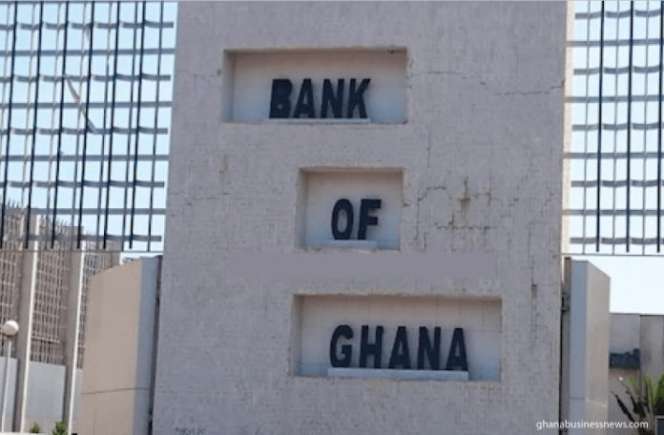The Executive Director of the Institute of Economic Affairs (IEA), Dr. John Kwakye, has raised concerns about the Bank of Ghana’s monetary policy decisions. Dr. Kwakye criticized the central bank for using these policies to fund the 2024 budget, which, he argued, is at the expense of domestic banks.
According to Dr. Kwakye, the high-interest rates and increased cash reserve ratios imposed by the Bank of Ghana have created unfavorable conditions for banks. This, in turn, has hindered their ability to operate smoothly and provide enough liquidity for lending to individuals and businesses.
Dr. Kwakye described the Bank of Ghana’s policy decisions as ineffective and questioned the motives behind the Monetary Policy Committee’s actions. He suggested that the Committee’s moves seem to be aimed at restricting banks’ access to funds for lending to private businesses.
As a result of these policies, Dr. Kwakye noted, interest rates have remained high, making it difficult for private businesses to secure affordable loans for expansion and growth.
“Because the banks are deprived of that much (cash) in terms of their deposits they take from the public, they have less deposits to be able to lend to the public, they use at a monetary control instrument.”
Dr. John Kwakye
He highlighted that relying on a high policy rate as a tool to control inflation is counterproductive and isn’t achieving the intended outcomes.
“These are not the solution to the problem. Bank of Ghana contributed to excess liquidity in the system through monetary financing of the budget and then turned around to mop the excess liquidity through very high interest rates, and very high reserve requirements.”
Dr. John Kwakye
However, the Bank of Ghana in 2023 defended its decision to support the 2022 budget proposed by the government. According to the BOG, the printing of ¢44.5 billion was crucial in preventing a default on both foreign and domestic debts in 2022.
The central bank stated that the financial assistance was directed towards necessary imports aimed at sustaining the stability of the economy.
“It will be important to recall the circumstances under which the Government of Ghana decided to seek IMF support. Ghana had lost access to the International Capital Market, and domestic revenue was significantly underperforming and not realized, pushing the state of government finances into near external and domestic default.”
BoG

But Dr. Kwakye criticized the significant increase in cash reserve ratios, stating, that the hike from 15 percent to 25 percent is too drastic.
Recommendations for Economic Policy and Fiscal Responsibility
Offering suggestions, Dr. Kwakye proposed that the central bank should reconsider the rate, aiming for a more moderate level, around 5 percent. He believes that this adjustment would give banks the needed flexibility to enhance their investments and facilitate more lending to private businesses.
Regarding taxation, Dr. Kwakye reminded that the government pledged to shift economic policy “from taxation to production” when it came into power. However, he pointed out that the current economic circumstances contradict this promise.
He said, “We, on our part, have argued that some of the taxes, such as E-levy, Covid Levy, Growth and Sustainability Levy, Sanitation Levy, and the aborted Emissions Levy, Betting Levy and VAT on electricity consumption, are multiple, nuisance or outdated taxes that cannot be justified”.
Moreover, he expressed his disappointment and criticized the government for refusing to cut down on wasteful expenditures.
“We recognize the lack of equal effort on the part of the Government to curtail its expenditure, including in respect to its size and numerous flagship programs. The fiscal consolidation being implemented under the IMF program has to be even-handed; it must fall equally on expenditure and not just taxes.”
Dr. John Kwakye
Dr. John Kwakye’s critique of the Bank of Ghana and government’s policies underscores the need for balanced fiscal and monetary strategies. His recommendations stress moderation and fiscal responsibility, essential for sustainable economic growth.



















